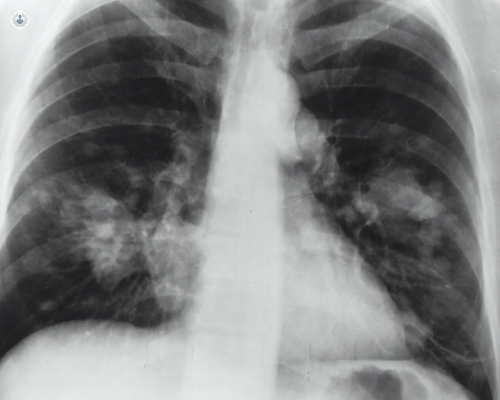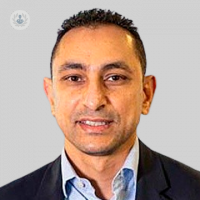All about non-surgical treatment of early lung cancer
Written in association with:Early lung cancer detection is crucial for improving patient outcomes, and while surgical intervention has traditionally been the primary treatment option, non-surgical therapies are gaining traction. These alternatives can be particularly beneficial for patients who are not candidates for surgery due to underlying health issues or personal preferences.

One of the most promising non-surgical treatments for early lung cancer is stereotactic body radiation therapy (SBRT). This highly precise form of radiation therapy delivers high doses of radiation directly to the tumor while minimising exposure to surrounding healthy tissue. SBRT is typically administered in fewer sessions than conventional radiation therapy, making it a more convenient option for patients.
Studies have shown that SBRT can achieve similar survival rates to surgery in select patients with early-stage lung cancer. Another effective non-surgical approach is radiofrequency ablation (RFA).
This minimally invasive procedure uses heat generated by radio waves to destroy cancer cells. RFA is particularly suitable for small tumors and can be performed on an outpatient basis, allowing patients to recover quickly without the need for extensive hospitalisation.
Chemotherapy and targeted therapies also play a role in treating early lung cancer, especially when the disease is diagnosed at a stage where it may have spread beyond the lungs. Chemotherapy involves using drugs to kill rapidly dividing cancer cells, while targeted therapies focus on specific genetic mutations within the tumour.
These treatments can be used alone or in combination with other modalities, depending on the individual patient's condition. Immunotherapy has emerged as another exciting avenue in the fight against lung cancer.
By harnessing the body’s immune system to recognize and attack cancer cells, immunotherapy offers a novel approach that can lead to durable responses in some patients.
In conclusion, non-surgical treatments for early lung cancer provide valuable alternatives that can enhance patient quality of life and outcomes. As research continues to evolve, these therapies offer hope for those diagnosed with this challenging disease, emphasizing the importance of personalised treatment plans tailored to each patient's unique situation.


